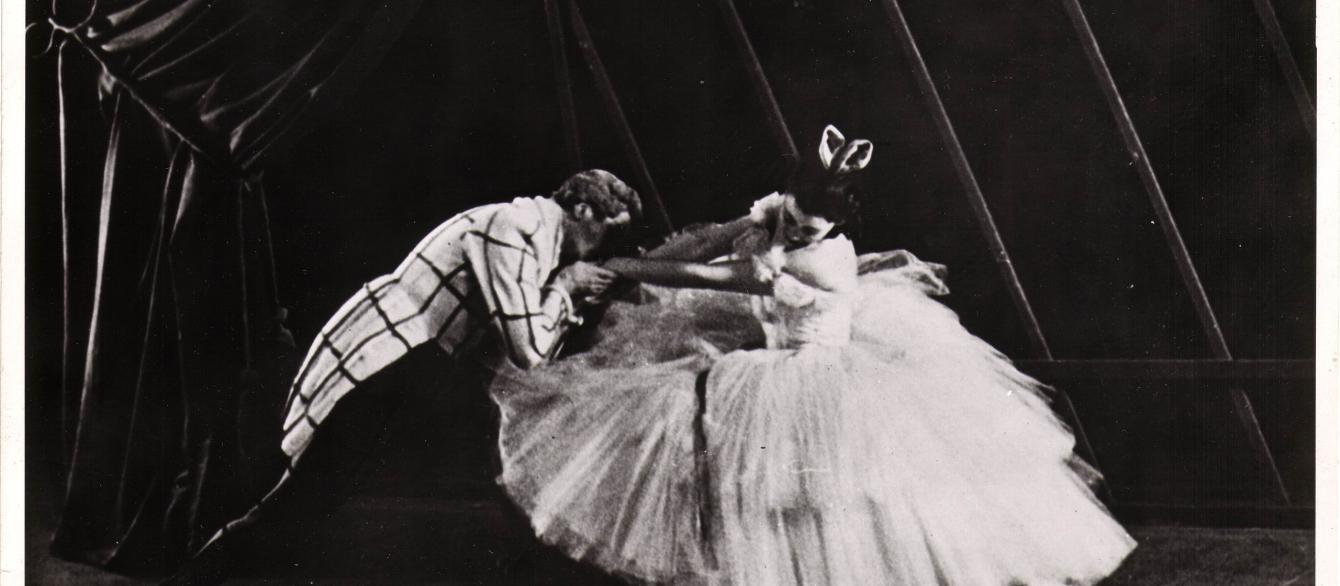This talk examines the significance of Bronisława Niżyńska’s leadership of the Balet Polski Reprezentacyjny’s inaugural 1937-1938 season. In particular, it focuses on the company’s tour of thirty-three Nazi German cities in January-March of 1938. The Balet Polski Reprezentacyjny was a cultural ensemble instituted by the Ministry of Foreign Affairs to represent the Second Polish Republic abroad. However, as the first ‘dance diplomats,’ the company has not yet been examined in cultural diplomacy studies or the Second Polish Republic’s exporting of national culture. Integral to the company’s success was the presence of Bronisława Niżyńska, a celebrity choreographer of Polish heritage, who played a significant role in elevating the obscurity of the company for audiences at the 1937 International Exposition in Paris and Covent Garden in London. As chief choreographer, Niżyńska also served a quasi-diplomatic role in the company’s tour of Nazi Germany.
However, Polish officials expressed frustration towards Niżyńska, and she was prematurely terminated from her post. The treatment towards her leads to the paper’s main research questions: to what extent could an émigré, such as Niżyńska, represent a nation that they had long departed from; and to what degree was the pan-European, modernist nature of her reputation beneficial to the success of this particular diplomatic undertaking? Niżyńska’s concurrent hindrance and facilitation of the company’s diplomatic mission serve as a point of departure for an examination of the Balet Polski tour of Nazi Germany. I use Niżyńska and the tour as a case study to question the extent to which cultural exchange between nation-states can inherently favour one party, and how émigré narratives can play an essential role in shaping diplomatic outcomes. The Balet Polski Reprezentacyjny’s German tour provides new insight into the Second Polish Republic’s utilization of art and performance in its foreign affairs in the 1930s, and the precarity of identity in the Second Polish Republic’s national self-expression.
Refreshments will be provided.
Accessibility
The Davis Center for Russian and Eurasian Studies at Harvard University encourages persons with disabilities to participate in its programs and activities. If you anticipate needing any type of accommodation or have questions about the physical access provided, please contact us at 617-495-4037 or daviscenter@fas.harvard.edu in advance of your participation or visit. Requests for Sign Language interpreters and/or CART providers should be made at least two weeks in advance if possible. Please note that the Davis Center will make every effort to secure services but that services are subject to availability.




